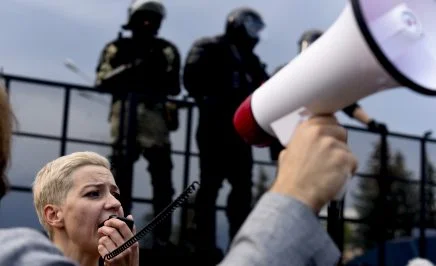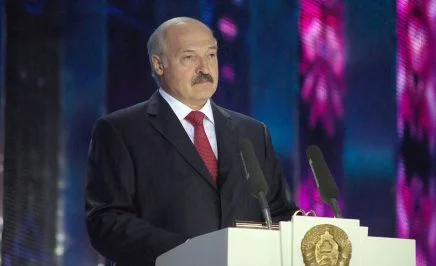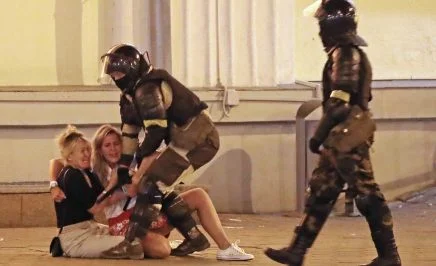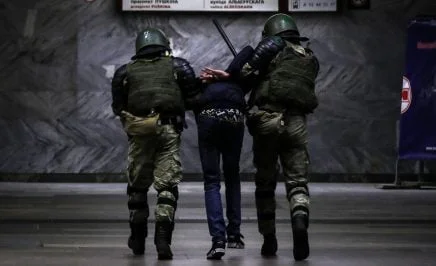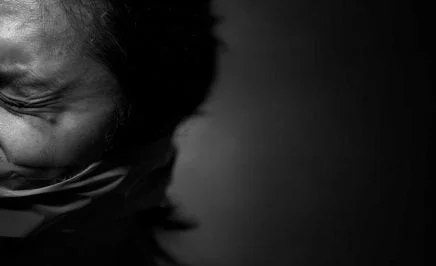In August of 2020, mass protests erupted across Belarus following a heavily contested election result. Since then, the governing powers of Belarus have committed shocking violations of human rights in their violent repression of these protests. So what exactly is happening in Belarus and why are human rights activists so concerned?
Why are Belarusians protesting?
The highly controversial election of August 2020 saw hundreds of thousands of Belarusians become involved in political protests across the nation. President Lukashenka’s regime has governed Belarus for more than 26 years but has recently faced significant resistance from an opposition coalition led by presidential candidate Svyatlana Tsikhanouskaya. In the 2020 election Lukashenka’s government was said to have received 80% of the votes. However, these results were controversial, and there are widespread concerns of electoral fraud.
Opposition to Lukashenka and the election remains overwhelmingly peaceful; beyond marches and protests, many demonstrate dissent by singing, performing poetry, picketing or wearing colours of ‘opposition’. Many protesters were actually only mobilised by these shocking reports of violence, torture and arbitrary imprisonment at the hands of government forces.
What is happening to these protesters?
Lukashenka’s regime is engaged in a ‘systematic campaign of intimidation and terror’. While Lukashenka’s reign has been marred by accusations of torture and ill-treatment, these protests were met with an appalling and ‘unprecedented scale of police violence’. Amnesty International has documented horrifying reports of torture, arbitrary detention and police brutality.
Law enforcement have employed an unlawful and excessive use of force against peaceful protesters, which has resulted in multiple protesters’ deaths. Police have used extensive violence, unlawful weapons and equipment against peaceful civilian protesters, including rubber bullets, stun grenades, chemical irritants and water cannons. An estimated 27,000 protesters were arrested in 2020 alone as a result of these protests. Following arrest, detainees have reported the egregious use of torture and dismal conditions.
This assault on protesters and their human rights has spanned across almost every sector of society. Women, children, elderly people and even bystanders have faced violence or ill-treatment at the hands of riot police. Bystanders not even involved in the protests have been beaten or arrested by police. Older protesters have been detained violently and held in horrific conditions. They have been denied medical treatment, despite the fact that many detainees were suffering from cancer, heart or lung conditions. Also, no effort was made to prevent these older detainees from contracting COVID-19.
The Belarusian authorities have acted inhumanely in their targeting of children. Children have been threatened with arrest and years of detention. Child custody legislation has been weaponized against parents to coerce them to refrain from protesting. On top of this, women face a compounded threat, many female protesters reporting their abuse was worsened by policies targeted towards those who have advocated against gender inequality and by threats of sexual violence. Artists and cultural figures have faced shocking suppression, many enduring arrest and torture as a result of their open opposition to the regime.
The government has also forced action from institutions and organisations across the nation. Upon instruction by the government, University students have been expelled and even imprisoned for participation in these peaceful protests. Trade unions have also been subject to arrests, unfair dismissals and prosecutions, as part of their efforts to repress dissent. Employees of state enterprises were threatened with dismissal or even criminal sanctions for taking part in strikes or just expressing support for protesters.
In their efforts to quash any and all opposition, Belarusian authorities have blatantly violated international law and infringed upon the inherent human rights of their citizens. The regime is actively and brutally preventing the people of Belarus from accessing their rights to peaceful protest and freedom of assembly in order to maintain power.
What is NEXTRA and who is Ramen Pratasevich?
Another crucial aspect of the Belarusian crisis was the banning of a popular media outlet, NEXTRA. This crackdown on opposition and the press, is a shocking violation of the freedom of expression and a blatant act of political oppression.
This repression was escalated in the diversion of a plane flying over EU territory for the purpose of arresting an exiled journalist and editor of NEXTRA, Ramen Pratasevich. It is widely suspected that Belarusian authorities claimed a false bomb threat to land his plane and arrest Pratasevich on trumped-up charges, in an egregious attempt to silence opposition.
What can be done?
With the newly imposed EU sanctions and President Biden publicly condemning the actions of the Belarusian regime, the international response to this crisis is growing significantly, however human rights abuses continue. Amnesty International calls upon the Belarus government to immediately release Pratasevich and protesters held on arbitrary charges and to respect their citizens right to peaceful assembly and expression.
Amnesty International Australia has also written to the Australian government, asking Foreign Minister Marise Payne to urge the Belarusian government to immediately end the repression against students, academics and all peaceful protesters.
Lukashenka’s regime and Belarusian law enforcement have acted in flagrant violation of international law and human rights principles. This crisis has seen thousands arbitrarily arrested and abused by police, their human rights cast aside in a brutal campaign to suppress opposition and maintain power.

